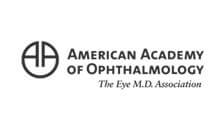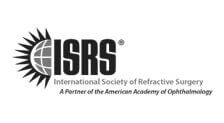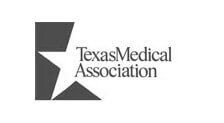A recent study was conducted that determined a large number of adults in America suffered from extreme nearsightedness (myopia)—9.6 million adults to be exact.

Of that staggering number, 820,000 of those people suffer from degenerative eye disease and another 41,000 people deal with a serious vision complication which is called myopic choroidal neovascularization—which can cause permanent vision loss, women in particular seem to be more susceptible.
Over the past few decades’ nearsightedness has become increasingly more common. In fact, 30 years ago the percent of people who were nearsighted in the country was 25% and after the new millennium this number shot up to around 40%. Nearsightedness, thankfully, can be corrected with the application of eyewear or even surgery, but severe cases of myopia can cause lasting complications with your vision.
Pathologic myopia, also known as “Progressive high myopia,” is a degenerative form of nearsightedness that causes lasting complications with your quality of vision. Pathologic myopia causes the retina at the back of your eye to become atrophied. Those who have pathologic myopia are at a higher risk of developing myopic choroidal neovascularization.
The study conducted by the American Academy of Ophthalmology and Genentech determined the following major statistics:
- 0.33% of adults (approximately 820,000) in America suffer from the degenerative eye condition, Pathologic myopia.
- Approximately 4% of all adults in America have severe myopia, which is defined as -6.0 D or worse in the right eye.
- 0.017% of adults (approximately 41,000) in America suffer from myopic choroidal neovascularization.
- Pathologic myopia appears in 0.42% of women in America compared to it being seen in only 0.25% of men. Myopic choroidal neovascularization also appears to be more prevalent in women as numbers suggest twice as many women deal with the issue than men. Women seem to be at a heightened risk of developing serious myopic complications.









